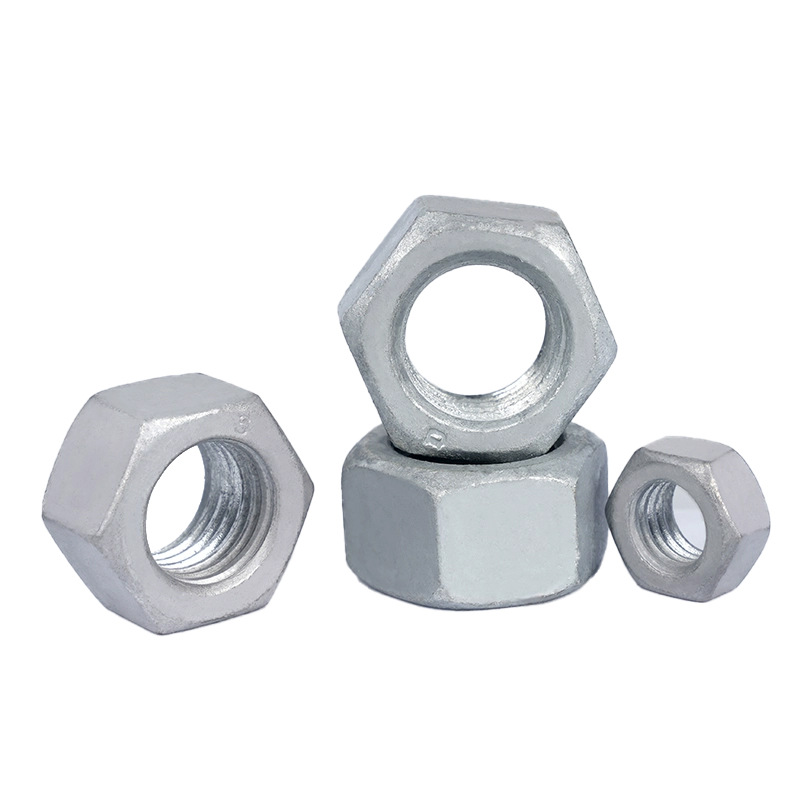

Flat Steel Washers for Enhanced Fastening Solutions and Structural Support
Nov . 11, 2024 01:59 Back to list
Flat Steel Washers for Enhanced Fastening Solutions and Structural Support
Understanding Steel Flat Washers Essential Components in Fastening
Steel flat washers are small but crucial components used in a wide variety of mechanical and construction applications. These circular discs, typically made from steel, provide a flat surface that is placed under a nut or bolt to distribute the load, prevent damage to the materials being fastened, and enhance the overall stability of the assembly. In this article, we will explore the significance of steel flat washers, their applications, manufacturing processes, and the factors to consider when selecting the right type for your needs.
What Are Steel Flat Washers?
Steel flat washers are thin, disk-shaped pieces of metal with a hole in the middle. They are known for their strength and durability, which makes them ideal for use in high-stress environments. The surface of the washer provides a bearing surface for the fastener, helping to minimize surface contact and prevent cracking or deformation of the material being fastened.
These washers come in various sizes and thicknesses, enabling them to accommodate different bolt and nut dimensions. Steel flat washers may also be treated with coatings (like zinc plating or black oxide) to provide resistance to corrosion and wear, further extending their lifespan in adverse environments.
Applications of Steel Flat Washers
Steel flat washers find their applications across numerous industries. Here are some common uses
1. Construction They are widely used in building and infrastructure projects to secure metal beams, connections, and brackets, providing enhanced stability and strength under loads.
2. Automotive In vehicle assembly and repairs, flat washers distribute the load of bolts and nuts, ensuring that connections remain tight and reliable over time.
3. Machinery Industrial machines often require flat washers to secure components and prevent loosening caused by vibrations and operational stresses.
5. Electronics In certain electronic devices, flat washers are used to prevent short circuits and improve the stability of internal components.
Manufacturing Process
The manufacturing of steel flat washers generally involves the following steps
steel flat washers

1. Material Selection High-quality steel is chosen for its strength and ductility. For some applications, special alloys or stainless steel may be used for improved corrosion resistance.
2. Blanking The steel sheet is cut into circular discs using stamping machines. This process ensures uniformity in size and shape.
3. Punching A hole is punched in the center of each disc, tailored to the specifications necessary for the intended fastener.
4. Finishing Washers may undergo various finishing processes, including deburring, coating (such as galvanizing for corrosion resistance), and heat treatment to improve mechanical properties.
5. Quality Control Each batch of washers is rigorously tested to ensure they meet industry standards and specifications for strength, thickness, and flatness.
Choosing the Right Steel Flat Washer
When selecting steel flat washers, several factors need to be considered
- Material Depending on the application, choose the appropriate grade of steel. For higher resistance to corrosion, opt for stainless steel or painted finishes.
- Size Ensure the diameter and thickness match the bolts or nuts being used to maintain the appropriate load distribution.
- Load Conditions Consider the load-bearing capacity required for your specific situation.
- Environmental Factors If the washers will be exposed to moisture, chemicals, or extreme temperatures, select a corrosion-resistant option.
Conclusion
In summary, steel flat washers play a vital role in ensuring the integrity and performance of connections in various applications. Their simple design belies their importance in construction, automotive, electronics, and many other fields. By understanding their uses, manufacturing processes, and the factors influencing selection, you can ensure your projects are secure and reliable. Whether you are a professional engineer or a DIY enthusiast, incorporating the right steel flat washers can elevate the quality of your work significantly.
Latest news
-
Hot Dip Galvanized Bolts-About LongZe|High Strength, Corrosion Resistance
NewsJul.30,2025
-
High-Strength Hot Dip Galvanized Bolts - Hebei Longze | Corrosion Resistance, Customization
NewsJul.30,2025
-
Hot Dip Galvanized Bolts-Hebei Longze|Corrosion Resistance&High Strength
NewsJul.30,2025
-
High-Strength Hot-Dip Galvanized Bolts-Hebei Longze|Corrosion Resistance&High Strength
NewsJul.30,2025
-
Hot Dip Galvanized Bolts-Hebei Longze|Corrosion Resistance&High Strength
NewsJul.30,2025
-
Hot Dip Galvanized Bolts - Hebei Longze | Corrosion Resistance, High Strength
NewsJul.30,2025

